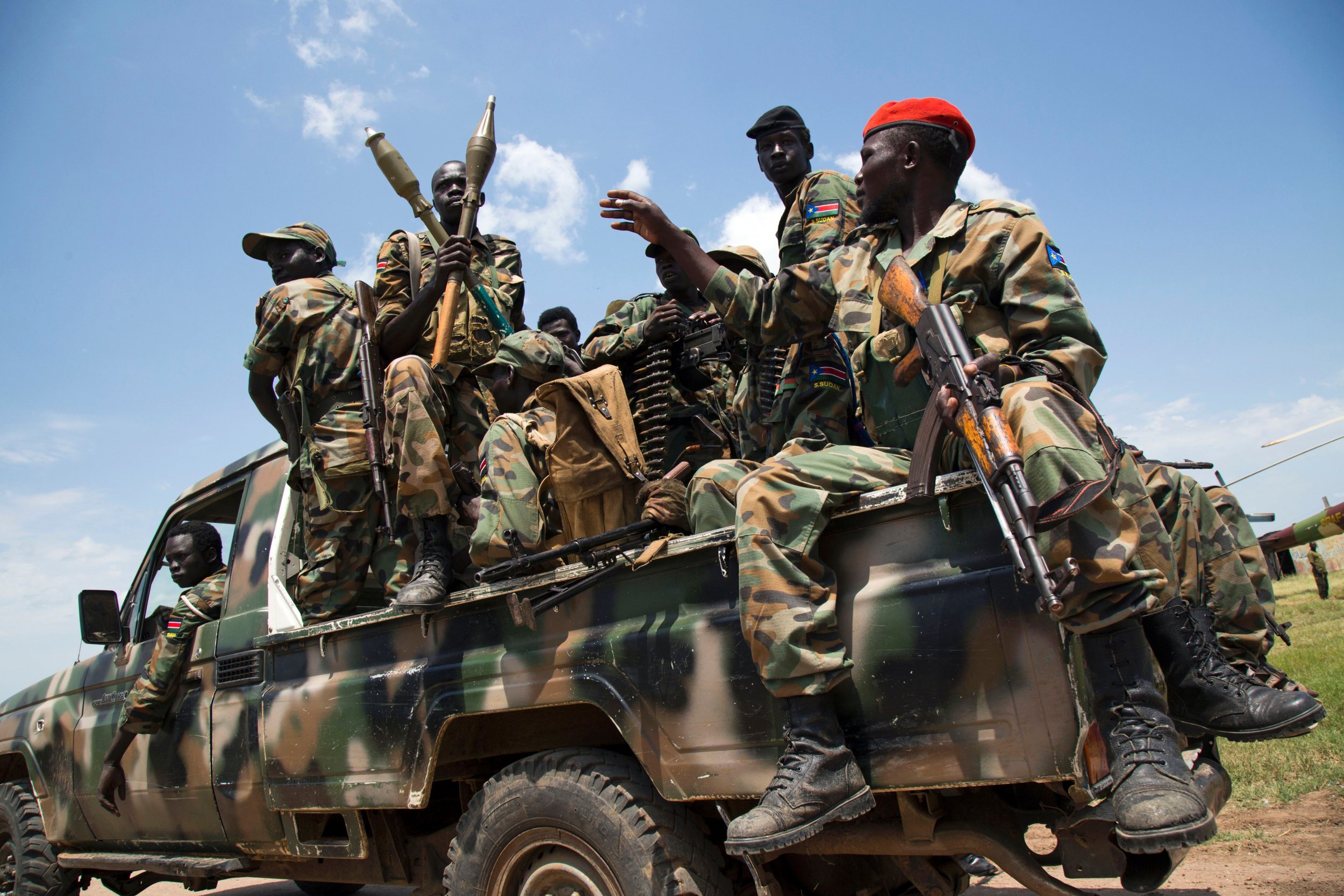The United States wants all countries, including the United Arab Emirates, to stop helping the warring sides in Sudan, the U.S. ambassador to the UN said on Monday, warning that a “crisis of epic proportions is brewing.”
A year ago, there was a war in Sudan between the Sudanese Army (SAF) and the rebel Rapid Support Forces (RSF). This caused the biggest refugee crisis in the history of the world. In the past few days, the U.N. has been worried that the RSF might soon attack al-Fashir in Sudan’s North Darfur area.
The US continued to put sanctions on people who are linked to the Sudan issue. In September, the US also put sanctions on two companies, one of which was based in Russia. Washington has always said that the groups are making things less stable in Sudan, even though the war has killed thousands of civilians and forced millions to leave their homes.
In the same way, the UK has punished at least six businesses related to the fight between the army led by General Abdel Fattah al-Burhan, who is also the head of Sudan’s transitional government’s Sovereign Council, and army troops loyal to General Mohamed Hamdan Dagalo, who is the deputy leader of the council and is in charge of the paramilitary Rapid Support Forces (RSF).
Experts, residents, and aid groups say the fight for al-Fashir, which has a long history as a power centre, could go on longer, make race tensions worse in the area that began 20 years ago, and spread to the border between Sudan and Chad.
“As I’ve said before, history is repeating itself in Darfur in the worst possible way,” U.S. Ambassador to the U.N. Linda Thomas-Greenfield told reporters on Monday, adding that al-Fashir was “on the precipice of a large-scale massacre.”
The U.N. says that around 300,000 people were killed in Darfur in the early 2000s when “Janjaweed” militias, from which the RSF grew, helped the army put down a revolt by mostly non-Arab groups. The International Criminal Court wants to bring charges against Sudanese leaders for crimes against humanity and murder.
This month, top U.N. officials told the Security Council that the lives of about 800,000 people in al-Fashir are in “extreme and immediate danger” because violence is getting worse and could “unleash bloody intercommunal strife throughout Darfur.”
In the huge western part of Darfur, Al-Fashir is the only big city that is not controlled by the RSF. Last year, the RSF and its partners took over four more Darfur state capitals. They were blamed for killing non-Arab groups based on their race and other wrongdoings in West Darfur.
“We do know that both sides are receiving support – both with weapons and other support – to fuel their efforts to continue to destroy Sudan and yes, we have engaged with the parties on that including with our colleagues from the UAE,” Thomas-Greenfield said.
It is said that the conflict has forced more than 3 million people to leave their homes and that thousands have died.

